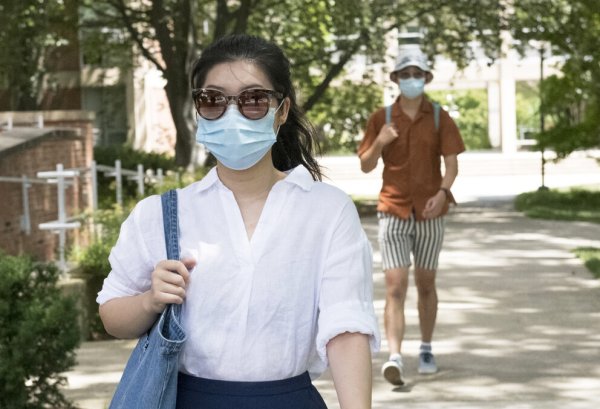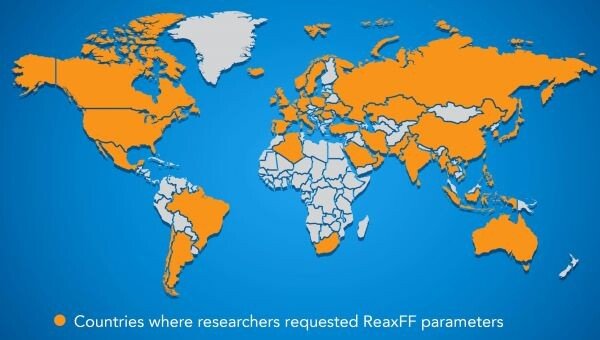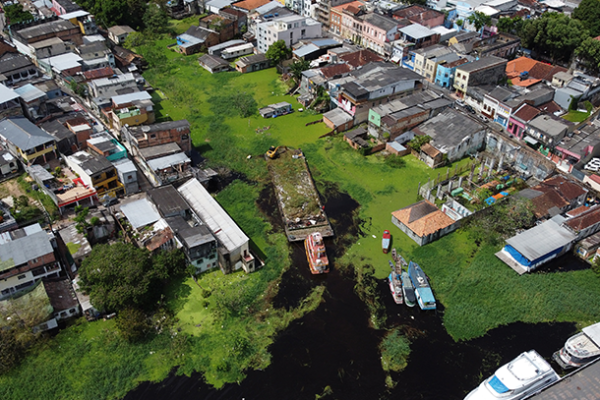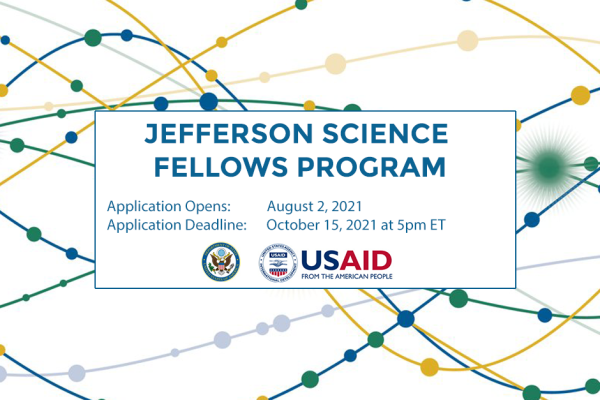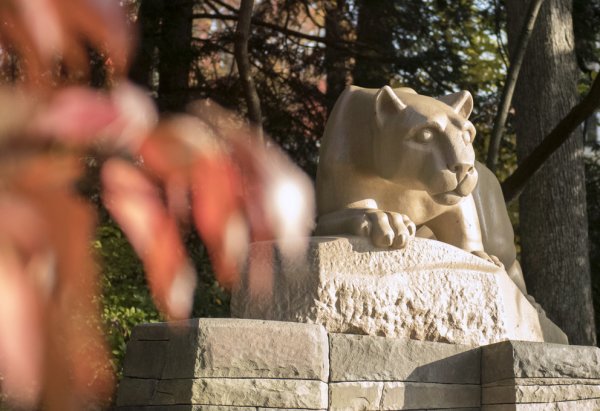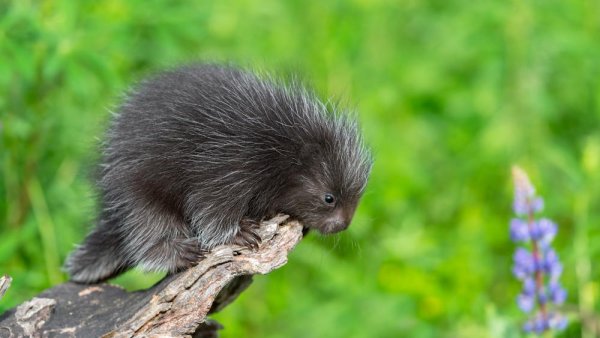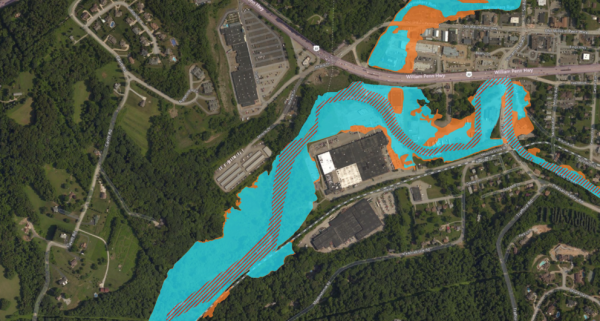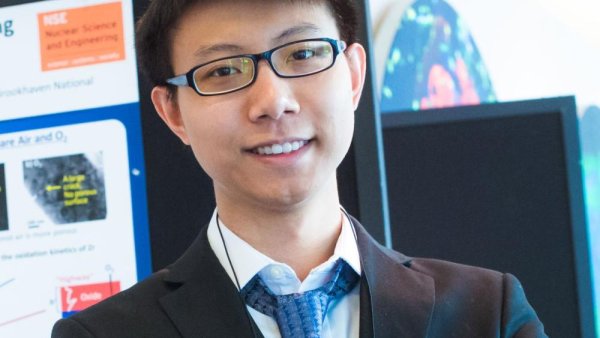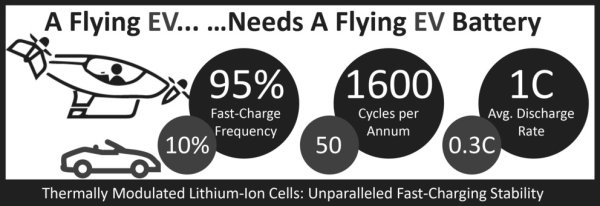Growing Impact: A guide to decarbonization
| Featuring Wei Peng
In order for the world to meet the challenge of climate change, decarbonization and negative emissions must be part of the discussion. Wei Peng looks to provide policy and tech leadership with information on what decarbonization technology might be effective in the future and how to strategically employ it.
Underground fiber optic sensors record sounds of COVID lockdown, reopening
| news.psu.edu
Sound signals captured by underground fiber-optic sensors under the University Park campus recorded the impacts of COVID-19 restrictions on the community, according to scientists.
How Underground Fiber Optics Spy on Humans Moving Above
| wired.com
Vibrations from cars and pedestrians create unique signals in cables. Now scientists have used the trick to show how Covid-19 brought life to a halt.
Researchers worldwide find great value in ReaxFF reactive force field
| news.psu.edu
More than 1,600 researchers in six of the world’s seven continents have requested parameters for a ReaxFF reactive force field developed by a Penn State researcher and used as a valuable research tool in fields as varied as biomaterials, polymers, batteries and 3D printing.
Penn State-led team to bolster communities impacted by climate change
| news.psu.edu
An international, Penn State-led consortium aims to improve infrastructure resiliency, along with sustainability and public health, in coastal areas most impacted by climate change. The $1.1 million project, supported through the Belmont Forum, focuses on low-income communities in select parts of Brazil, East Africa and North America.
Jefferson Science Fellows Program
| sites.nationalacademies.org
Tenured academic scientists and engineers from U.S. institutions of higher learning are eligible for selection to be Jefferson Science Fellows. Each Fellow spends one year at the U.S. Department of State or the U.S. Agency for International Development (USAID) for an onsite assignment in Washington, DC.
Interdisciplinary projects awarded seed grants from IEE
| news.psu.edu
The Institutes of Energy and the Environment (IEE) has awarded seed grants to 22 groups of interdisciplinary researchers for the 2020-21 award cycle. This year, seed grants were awarded to proposals focusing on at least one of IEE’s five strategic research themes — Climate and Ecosystem Change, Health and the Environment, Integrated Energy Systems, Urban Systems, and Water and Biogeochemical Cycles.
Searle Scholars Program
| psu.wd1.myworkdayjobs.com
The Searle Scholars Program gives grants to support independent research in medicine, chemistry, and the biological sciences for exceptional early-career scientists who have recently begun their appointment at the assistant professor level, and whose appointment is their first tenure-track position. The Searle Scholars Program Scientific Advisory Board is primarily interested in the potential of applicants to make innovative and high-impact contributions to research over an extended period of time. Internal Submission Deadline: Wednesday, July 28, 2021, at 4:00 pm
Biodiversity seed grants support innovative collaborations across Penn State
| psu.edu
Seven Penn State faculty teams have received seed grants for biodiversity research as part of the 2021 “Mainstreaming Biodiversity in a Decade of Action” symposium, developed by Christina Grozinger, Publius Vergilius Maro Professor of Entomology and director of the Center for Pollinator Research, in collaboration with Penn State’s Sustainability Institute.
New flooding risk tool developed for the state of Pennsylvania
| news.psu.edu
A new flood risk tool for the state of Pennsylvania that allows users to see their flood risk status using the latest flood mapping data from FEMA was developed by Penn State and its partners.
New engineering faculty to study structural materials in extreme environments
| psu.edu
Yang Yang, a researcher in the field of structural materials and electron microscopy, joined the Penn State Department of Engineering Science and Mechanics as an assistant professor on June 1. As a part of Yang’s appointment, he will also serve as a faculty member in the Materials Research Institute.
Innovative batteries put flying cars on the horizon
| news.psu.edu
Jet packs, robot maids and flying cars were all promises for the 21st century. We got mechanized, autonomous vacuum cleaners instead. Now a team of Penn State researchers are exploring the requirements for electric vertical takeoff and landing (eVTOL) vehicles and designing and testing potential battery power sources.


